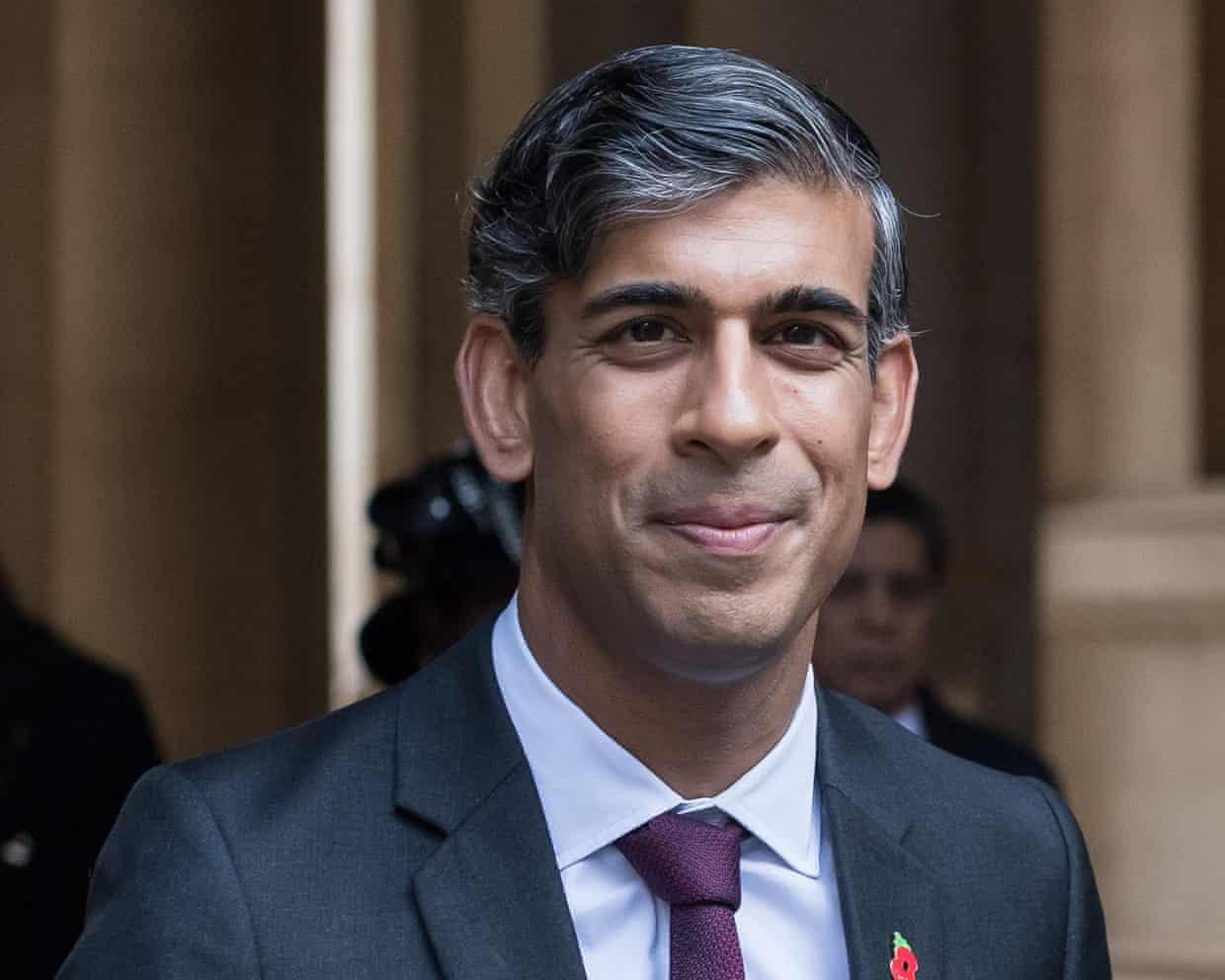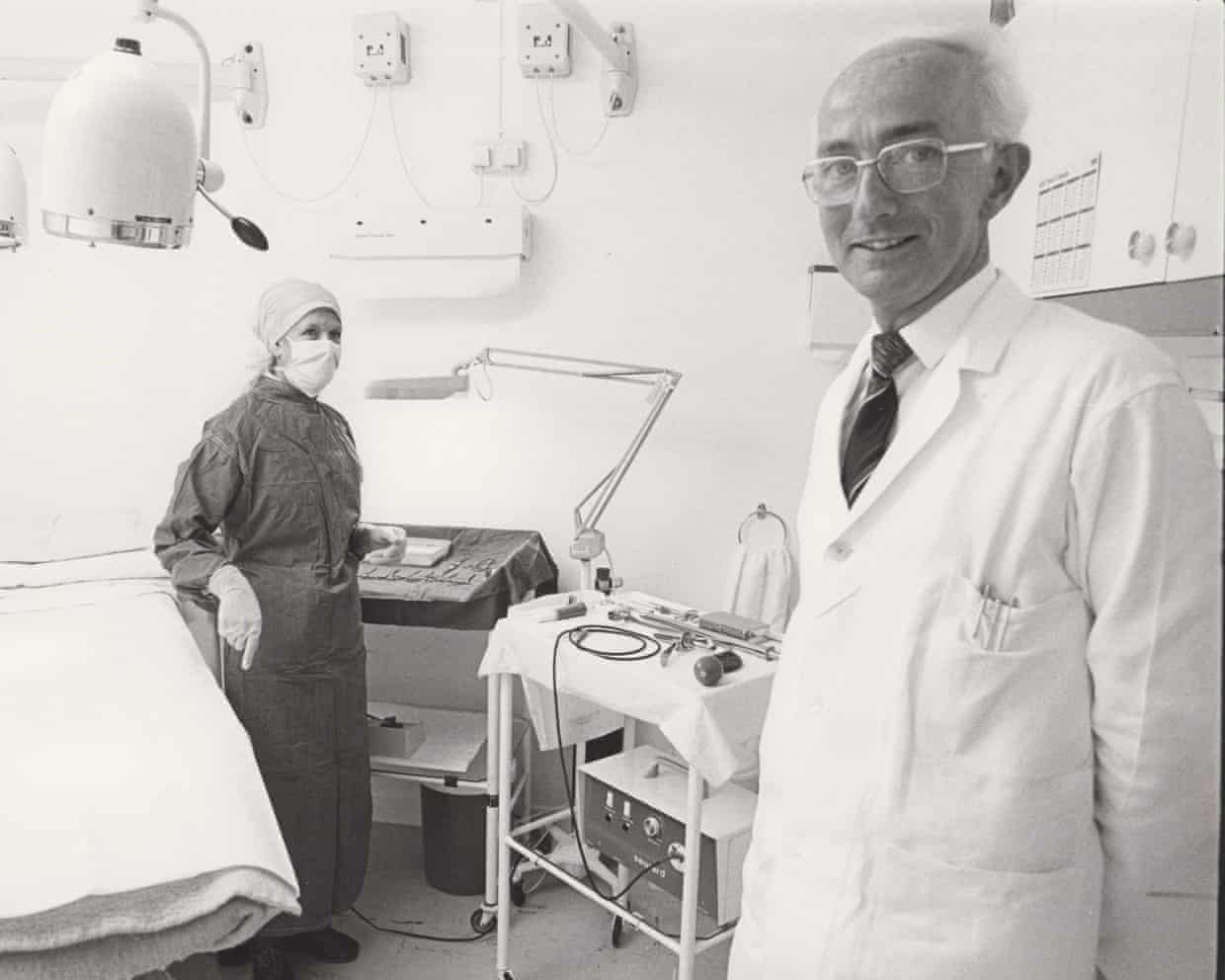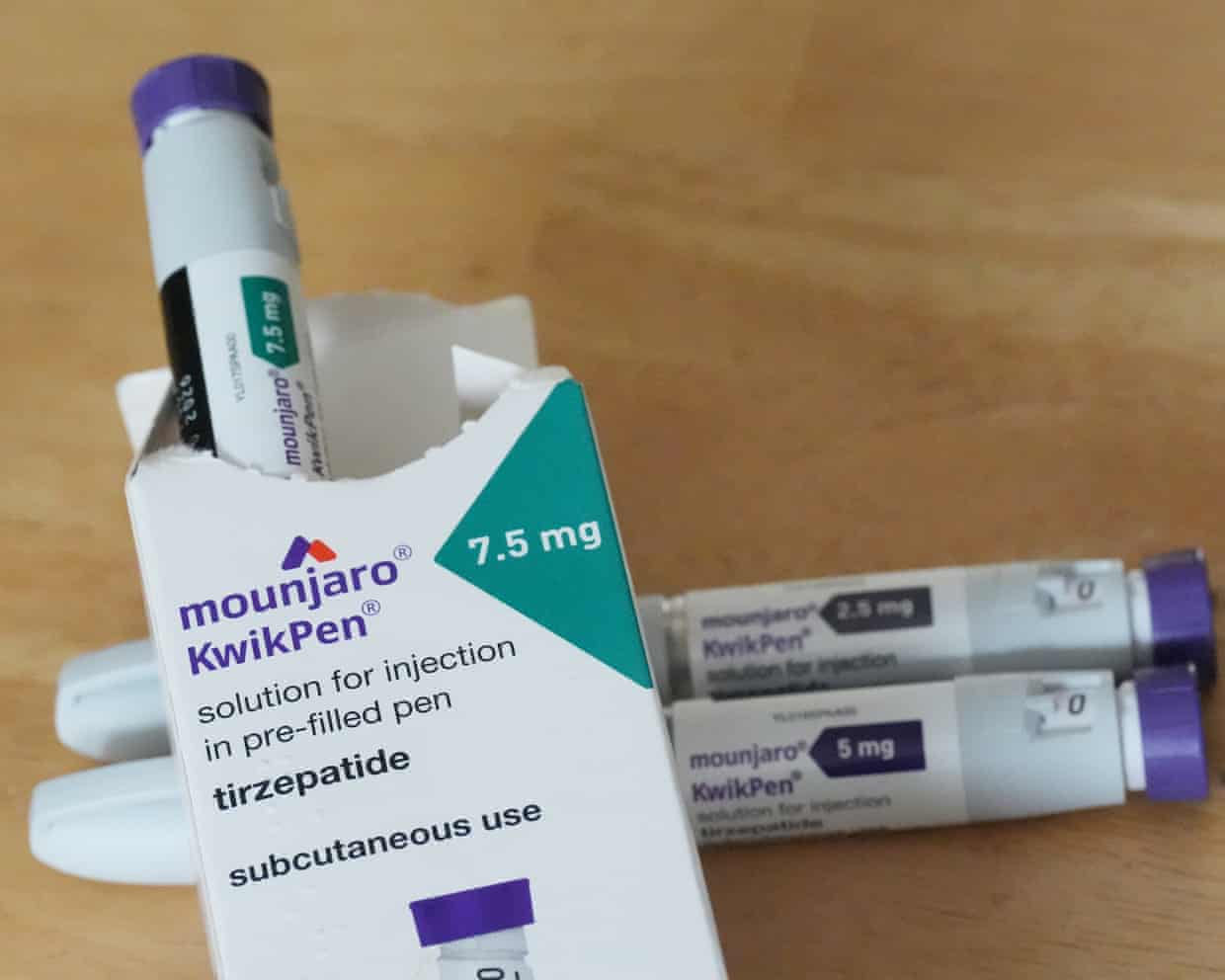The carer’s allowance scandal – a timeline

Ministers have announced a major review of the penalties imposed on hundreds of thousands of unpaid carers after a damning independent investigation of the carer’s allowance scandal.The inquiry by Liz Sayce was launched after the Guardian revealed how a catalogue of failures at the Department for Work and Pensions (DWP) had left scores of vulnerable families with huge debts and hundreds with criminal convictions for fraud.Those who care for loved ones for at least 35 hours a week are entitled to £83.30 a week in carer’s allowance, as long as their weekly earnings do not exceed £196.But if they exceed this limit, even by as little as 1p, they must repay that entire week’s carer’s allowance.
The draconian nature of the rules is compounded by the DWP’s failure to alert unpaid carers when they have overstepped the weekly earnings limit, even though the department has access to near real-time data.This has left hundreds of thousands of people unwittingly racking up huge debts – sometimes of more than £20,000 – which the DWP recoups often years after the breach occurred, threatening unpaid carers with criminal prosecution if they do not pay.After an 18-month Guardian investigation, here we trace the 10 years of bureaucratic failure, whistleblowing, political neglect and groundhog day-style policy inertia at the heart of this scandal.A DWP whistleblower writes to the then DWP permanent secretary, Sir Robert Devereux, complaining that the failure to manage carer’s allowance overpayments is landing vulnerable carers with huge, avoidable debts and wasting millions of pounds.An internal audit reveals weaknesses in the system.
A year later, the DWP closes down the whistleblower’s complaint.The National Audit Office (NAO) and MPs on the Commons work and pensions select committee publish devastating reports on the DWP’s handling of carer’s allowance, criticising it for its slowness to recognise and address overpayment problems, and for its heartless treatment of carers, pursuing them for huge debts caused in many cases by its own failures.At a select committee hearing, Peter Schofield, the DWP permanent secretary, is asked three times if he will apologise for the department’s failings.He avoids direct answers but insists the problem is now under control.The Tory MP Nigel Mills is sceptical: “We don’t want to get back here in three years’ time with another set of out-of-control overpayments on carer’s allowance.
” Schofield says officials will consider sending text warnings to carers who breach earnings limits.Above all, he promises new data-matching technology will stop overpayments “in some cases before they happen”.At the 2019 general election, many of the MPs who raised the alarm on carer’s allowance overpayments lose their seats.As Covid strikes, momentum for reform of carer’s allowance dissipates.Although Schofield had promised MPs the whistleblower, Enrico La Rocca, would be protected, he is sacked, only to be reinstated in 2021 after representations by the Labour MP Stephen Timms, the then work and pensions select commitee chair and now, since 2024, the welfare minister.
A Guardian investigation reveals that five years on, tens of thousands of carers are still being asked to repay huge sums, while others are being pursued through the courts for fraud.Far from stopping overpayments before they happen, by the end of April, 134,500 carers are repaying overpayments totalling £251m.As many as one in five carer’s allowance claimants run up overpayments.The DWP’s initial response to public outrage at the scandal is to suggest sending overpayment text warnings to carers.The NAO announces it will revisit its 2019 carer’s allowance investigation.
DWP ministers are back before select committee MPs with another set of out-of-control overpayments.In October, the new Labour government launches an independent review of how carer’s allowance overpayments were allowed to accrue on such an industrial scale.At the budget, it promises to fix the notorious earnings limit “cliff edge” penalties at the heart of the scandal and boosts the weekly amount carers are entitled to earn, from £151 a week to £196, the biggest jump since carer’s allowance was introduced in 1976.The welfare secretary, Liz Kendall, tells MPs at a select committee hearing that DWP culture needs to change in respect of its treatment of vulnerable claimants.“We need to learn from the problems and the mistakes that were made [with carer’s allowance] to make sure they don’t happen again,” she says.
Schofield, the senior official who told MPs in 2019 that the DWP would fix the problems, is sitting beside her.The Guardian reveals that at least £357m in carer’s allowance benefit was paid out in error over the past six years because of official failures, resulting in debt and misery being inflicted on tens of thousands of people.The journalists Patrick Butler and Josh Halliday win the coveted Paul Foot award for investigative journalism for their reporting on the scandal.Sayce’s independent review finds a catalogue of failure by the DWP in its handling of carer’s allowance.It finds that breaches of the rules were not “wilful rule-breaking” but honest mistakes made as a result of unclear guidance or administrative error by the government.
Ministers announce a review of hundreds of thousands of overpayment cases stretching back to 2015, meaning scores of people could be reimbursed and have criminal convictions overturned.The government has stopped short, however, of announcing compensation to those wrongly penalised.

The carer’s allowance scandal – a timeline
Ministers have announced a major review of the penalties imposed on hundreds of thousands of unpaid carers after a damning independent investigation of the carer’s allowance scandal.The inquiry by Liz Sayce was launched after the Guardian revealed how a catalogue of failures at the Department for Work and Pensions (DWP) had left scores of vulnerable families with huge debts and hundreds with criminal convictions for fraud.Those who care for loved ones for at least 35 hours a week are entitled to £83.30 a week in carer’s allowance, as long as their weekly earnings do not exceed £196. But if they exceed this limit, even by as little as 1p, they must repay that entire week’s carer’s allowance

More than 100 MPs urge Streeting to approve prostate cancer screening
More than 100 MPs, including Rishi Sunak, have urged Wes Streeting to introduce screening for prostate cancer.The UK National Screening Committee, a government agency that advises ministers and the NHS about all aspects of screening, will recommend whether men at higher risk of the disease should be offered checks. It is due to write to the health secretary later this week, the Telegraph reported.Sunak, who is leading a cross-party alliance of 125 MPs, met Streeting on Monday evening to hand him an open letter urging the government to introduce tests so men at the highest risk, including Black men, men with a family history of prostate, breast or ovarian cancer, and those carrying the BRCA1 and BRCA2 genes, are “no longer left behind”.The letter says: “Our current opportunistic PSA [prostate-specific antigen] testing system is unstructured, inefficient and unfair – a postcode lottery where some men succeed because they know to ask or can pay privately, while others are turned away despite repeated requests

John Stuart Brown obituary
In 1979, the British Medical Journal published an article by a Kent GP, John Stuart Brown, titled “Minor operations in general practice”.Brown, who has died aged 90, wrote that undertaking an average of four minor operations a week in his GP surgery had huge advantages compared to referring patients to hospital. It was faster, more convenient for patients and cost-effective, saving the area health authority more than £15,000 a year. He estimated the average cost of a procedure in his GP surgery was £5, compared to £78.24 in hospital

People who stop using Mounjaro suffer reversal of health benefits, says study
People who stop using the weight-loss jab Mounjaro not only tend to regain weight, but experience a reversal in other health improvements too, research suggests.Mounjaro, which contains the active ingredient tirzepatide, has become a popular medication for weight loss, with studies suggesting that it can help people lose an average of 20% of their body weight after 72 weeks of treatment.However, research has previously found that people who stop using tirzepatide tend to regain much of the weight they have lost.Now experts studying results from a clinical trial known as Surmount-4 say other benefits seen with the medication, such as reduced blood pressure and lower levels of “bad” cholesterol, also go into reverse upon stopping the jabs.Naveed Sattar, a professor of cardiometabolic medicine at the University of Glasgow who was not part of the team but was involved with previous work on the trial, said “the findings are not a surprise, as excess weight is a well-established driver of elevated blood pressure and impaired glucose control”

Time for doctors to face salary reality | Letters
Your correspondent (Letters, 19 November) recounts her career as a doctor in the NHS where, despite rising to senior consultant, her final year’s salary before tax was just over £100,000, a figure she defines as “a bit pathetic”. To most Guardian readers, that figure is a small fortune. By way of comparison, after 37 years as a primary school teacher, including 24 years as a head, my final salary was £50,000, a figure that I found perfectly acceptable as reward for a challenging and immensely satisfying role.Bob ForsterShipton under Wychwood, Oxfordshire Presumably the retired consultant anaesthetist Elizabeth Taylor was aware that many of those who worked with her on the wards would have been expected to get by on less than half that amount? I wonder what word she would use to describe their pay?Martin RyleLewes, East Sussex Have an opinion on anything you’ve read in the Guardian today? Please email us your letter and it will be considered for publication in our letters section.

Princess of Wales calls for end to ‘stigma’ around addiction
The Princess of Wales has called for an end to the “stigma” surrounding addictions, saying the experiences of those dependent on drugs, alcohol or gambling are “shaped by fear, shame and judgment”.Catherine, who is a patron of the charity Forward Trust supporting recovering addicts, said more open conversations were needed to bring the issue “out of the shadows” and for society to show “compassion and love” to those affected.“Addiction is not a choice or a personal failing but a complex mental health condition that should be met with empathy and support,” she said in a message marking addiction awareness week, which runs to 30 November.“But still, even now in 2025, people’s experience of addiction is shaped by fear, shame and judgment. This needs to change

Can’t tech a joke: AI does not understand puns, study finds

Civil liberties groups call for inquiry into UK data protection watchdog

Meet the AI workers who tell their friends and family to stay away from AI

Bro boost: women say their LinkedIn traffic increases if they pretend to be men

Leading law firm cuts London back-office staff as it embraces AI

Elon Musk’s Grok AI tells users he is fitter than LeBron James and smarter than Leonardo da Vinci